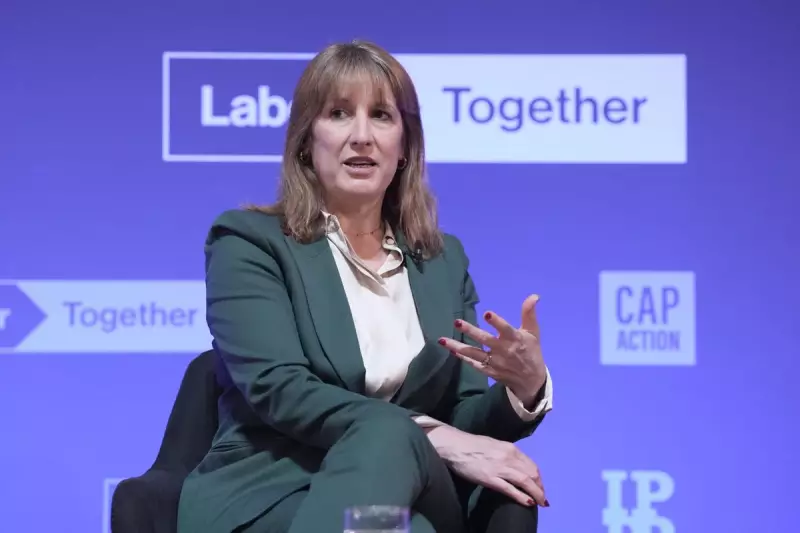
The Institute for Fiscal Studies has delivered a blistering assessment of Chancellor Jeremy Hunt's Spring Budget, warning that the government's spending plans appear "not remotely credible" and leave public services facing severe cuts.
Fiscal Fantasy or Political Ploy?
Paul Johnson, director of the respected economic think tank, didn't mince words during his post-Budget analysis. He suggested the Chancellor's numbers rely on "a work of fiction" when it comes to public service spending after the next election.
"These plans imply real-terms cuts for many public services," Johnson stated, highlighting the enormous pressure facing departments beyond the protected areas of health, education and defence.
The Election Spending Conundrum
The IFS analysis reveals a stark reality: whichever party wins the next general election will inherit a fiscal nightmare. With spending on debt interest remaining stubbornly high and demographic pressures mounting, the next government faces:
- Potential cuts to unprotected departments of up to 3.4% annually
- No clear plan for addressing the £20 billion shortfall in health and social care
- Uncertainty about how public sector pay disputes will be resolved
Tax Cuts Built on Shaky Foundations
While Hunt celebrated his 2p cut to National Insurance, the IFS questioned the sustainability of such measures. The think tank pointed out that the UK's tax burden remains on course to hit post-war record levels despite these reductions.
"The Chancellor is giving away fiscally irresponsible amounts of money with one hand while planning implausible cuts with the other," one analyst noted.
Bank of England's Inflation Warning
Adding to the Chancellor's headaches, the Bank of England has indicated that interest rate cuts remain some way off. With inflation proving more persistent than expected, the timing of Hunt's tax cuts has raised eyebrows among economists.
The combination of tight monetary policy and uncertain fiscal plans creates what one City analyst called "the worst of both worlds" for businesses and households.
The Road to the Election
As the political battle lines are drawn, the IFS has effectively declared that both main parties are failing to level with the British public about the tough choices ahead. The think tank's message is clear: the budget numbers don't add up, and the next government will face an economic reality far harsher than current rhetoric suggests.
With the economy stagnating and public services straining, the IFS verdict serves as a sobering reminder that economic credibility will be a key battleground in the coming election campaign.





